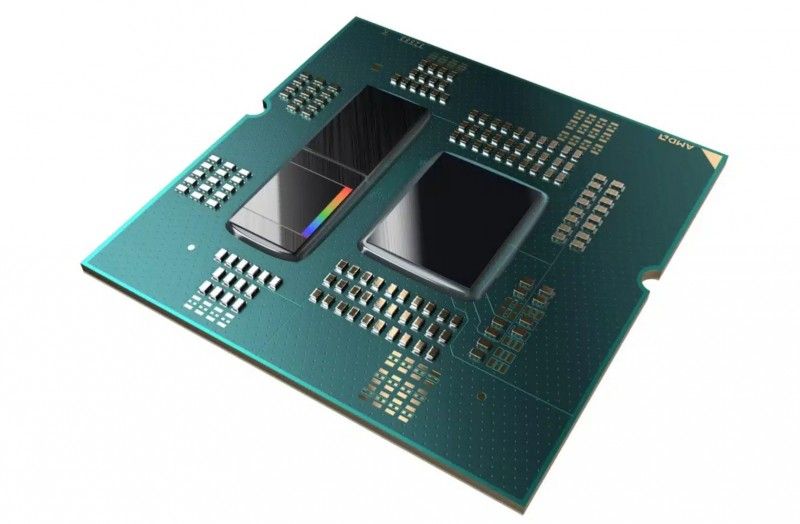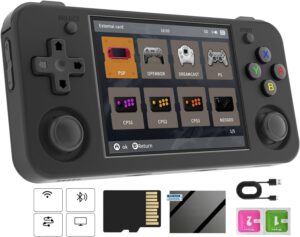The B650 chipset has become AMD’s most popular chipset, surpassing the B550 and A520 in sales. In Korea, B650 motherboards have achieved a market share of 34.4% by the end of October, outperforming their AM4 predecessors. The AMD socket AM4 has been hugely successful, with economical chipsets like B450 and then B550 outdoing all Intel alternatives in sales. However, the introduction of the AM5 platform and the B650 chipset was slow initially, but it has gained momentum over time.

Since the beginning of 2023, the popularity of B550 motherboards has been declining, dropping from 48.6% in January to 18% by the end of October. Meanwhile, the more affordable A520 offerings have maintained their market share at around 23%. Sales data from Mindfactory in Germany indicate a similar trend, with AM5 boards initially lagging behind AM4 and Intel LGA1700, but then picking up pace in sales during autumn and surpassing older models by December. The B650-based boards are now the best-selling platform, thanks in part to their lower cost and the popularity of processors like the Ryzen 7 7800X3D.
Adding to this, the shift towards B650 reflects a growing consumer preference for newer technologies and higher performance at a reasonable cost. The AM5 platform’s compatibility with future AMD processors and advanced features like DDR5 memory and PCIe 4.0 makes it an attractive option for users looking to future-proof their systems. This trend is likely to continue as more users upgrade to newer platforms that offer better performance and efficiency.
The B650 chipset, part of AMD’s lineup for Ryzen 7000 Series processors, is a mainstream AM5 chipset designed to balance performance with cost-effectiveness. Here are its key features and specifications:
- Chipset Composition:
- The B650 is essentially a scaled-down version of the B650E chipset. It retains most features of the B650E, including the number of PCI Express lanes and SuperSpeed USB ports available.
- PCIe Lanes and USB Ports:
- The B650 chipset provides 8x PCIe 4.0 and 4x PCIe 3.0 lanes. It supports 1×16 or 2×8 PCIe 4.0 lanes for graphics cards and 1×4 PCIe 4.0 lanes for NVMe SSDs.
- It offers support for one 20Gbps and six 10Gbps USB ports, thus catering to a range of connectivity needs.
- Processor and Memory Support:
- The B650 chipset is compatible with Ryzen 7000 Series processors and supports CPU overclocking.
- It also supports DDR5 (Dual Channel) memory, ensuring compatibility with the latest memory standards.
- AMD EXPO (Extreme Profiles for Overclocking) is also supported, providing enhanced capabilities for memory overclocking.
- Design Flexibility:
- Despite being primarily designed for PCI Express 4.0 connectivity, AMD allows motherboard manufacturers the flexibility to add an NVMe slot supporting PCI Express 5.0 (in x4 mode) if desired.
- Connectivity and Features:
- The chipset is compatible with the AM5 socket and includes integrated Wi-Fi 6E.
- It also offers a variety of USB ports and SATA connections for comprehensive peripheral and storage options.
In summary, the B650 chipset is a viable option for users seeking a mid-range solution that balances modern features with affordability. It’s particularly suited for gaming and general work PCs using mid-range to mainstream Ryzen 7000 series processors. The B650’s design philosophy aligns with the needs of users who require solid performance without the need for the cutting-edge PCIe 5.0 connectivity found in higher-end chipsets.

